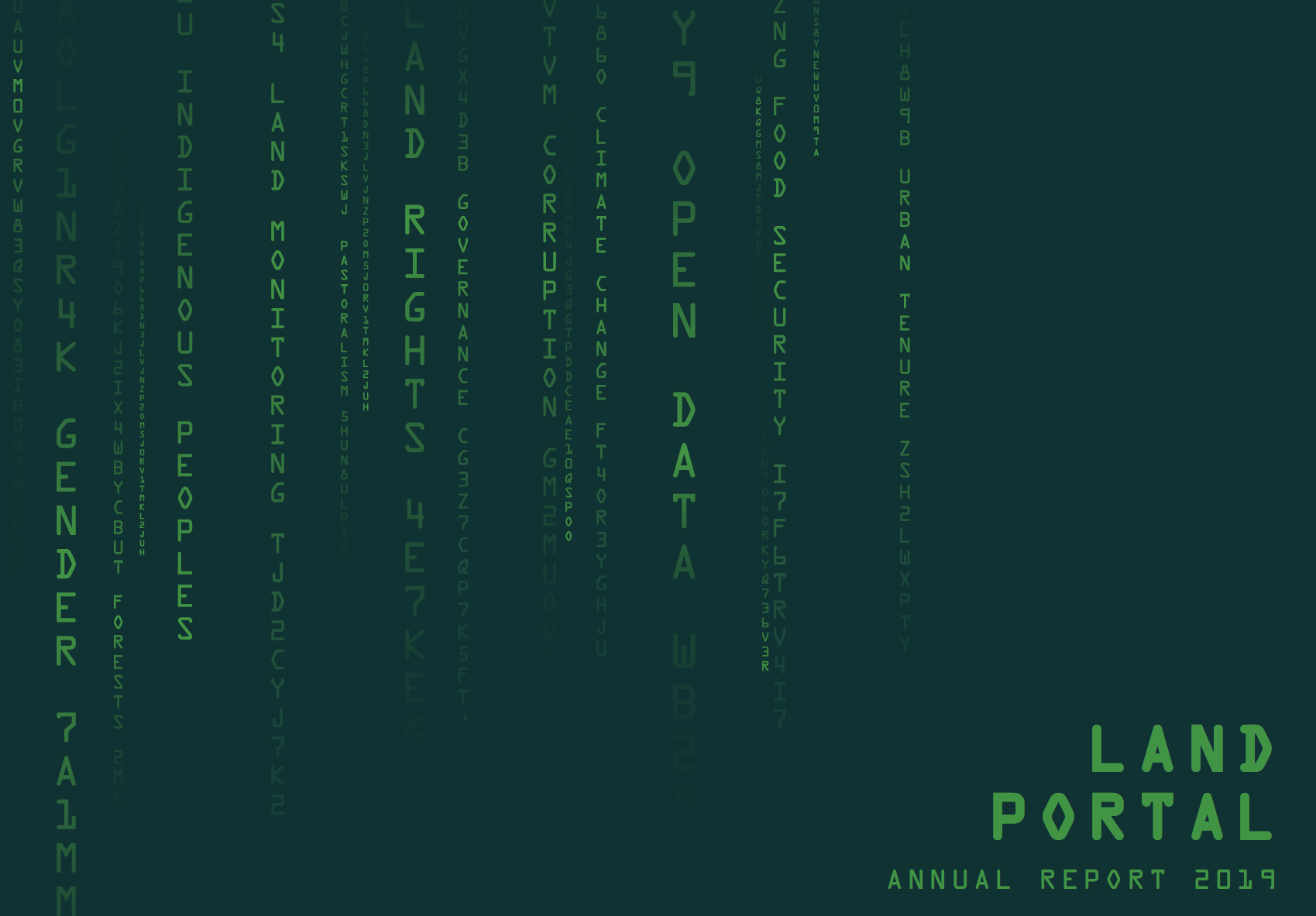Land Tenure Security and Policy Tensions in Myanmar (Burma)
After 50 years of military rule, in 2011 the Thein Sein government’s reforms in Myanmar (Burma) entailed a reengagement with the international community, including major international financial organizations, donors, nongovernmental organizations (NGOs), and civil society organizations (CSOs). The government’s social and economic development policies, which were strongly influenced by this engagement, encouraged private domestic and foreign investment in agriculture to create wealth and reduce poverty.



